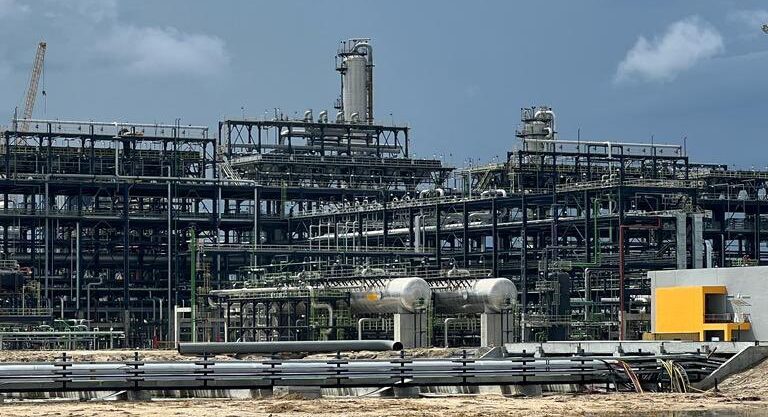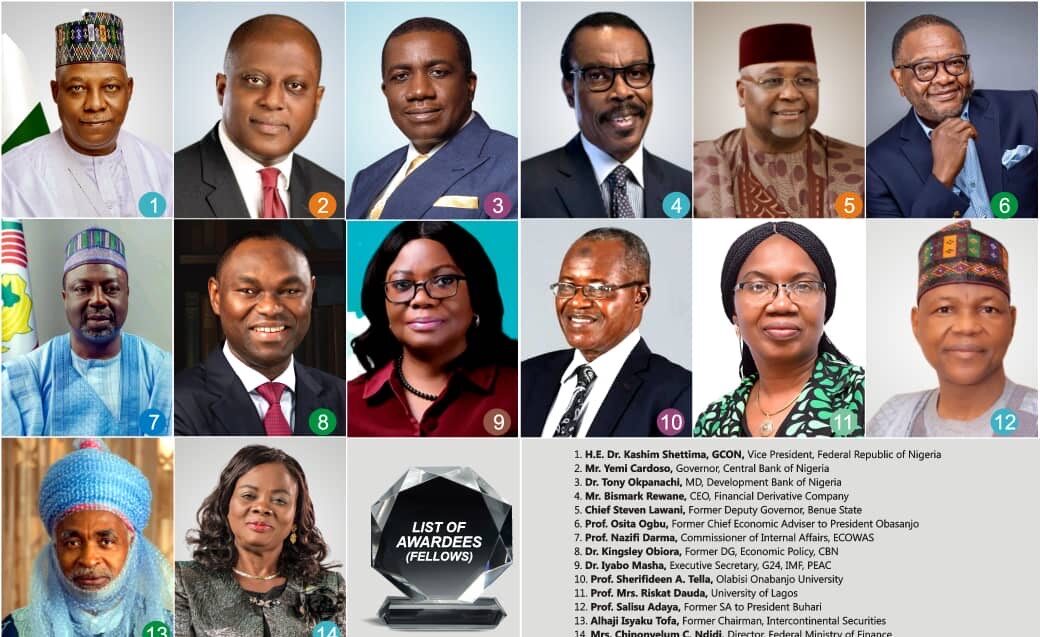Who is Afraid Of Yayi?
Who is Afraid Of Yayi?
By Kayode Oladele
In the unfolding political drama of Ogun State, one question refuses to go away: who is afraid of Yayi?. Senator Solomon Olamilekan Adeola, popularly known as Yayi, has become more than a political figure. He is today a phenomenon, a movement, and arguably the single most important personality shaping the state’s political conversation ahead of the next governorship election.
To his admirers, Yayi is the long-awaited torchbearer of Ogun West, the man destined to correct decades of political imbalance. To his critics, he is a disruptor, an aspirant whose cross-party popularity unsettles established interests. And to the average voter on the streets of Ifo, Abeokuta, Otta, Ilaro, Ijebu, or Sagamu, his name provokes debate, admiration, and sometimes even awe.
However, the backdrop to Yayi’s ascendancy lies in the history of Ogun politics. Since the creation of the state in 1976, the governorship seat has eluded Ogun West, despite its loyalty and significant contributions to the state’s economic and electoral fortunes. Successive governors have emerged from Ogun Central and Ogun East, leaving the western flank politically orphaned.
This long-standing marginalization has created a powerful sentiment: a collective yearning for equity and inclusion. Yayi has stepped into a vacuum that has existed for decades, becoming the embodiment of Ogun West’s agitation. For many, his aspiration is not just about one man’s ambition but about correcting an injustice that has festered for too long.
In Ogun State today, Yayi towers above other aspirants in popularity. Unlike typical politicians whose influence is confined to their parties, Yayi enjoys broad acceptance across divides. Within the ruling APC, he is the rallying point, the aspirant around whom party faithfuls from the three Senatorial districts are beginning to coalesce.
In the People’s Democratic Party (PDP), his popularity is acknowledged, albeit reluctantly, as grassroots members openly admire his leadership style and track record of empowerment. In the African Democratic Congress (ADC), he is revered and respected. Even among smaller, lesser-known political parties, many have declared their readiness to support and endorse his governorship bid once the race formally begins while the independents, those who don’t have any Party affiliation earnestly yearn for him.
This kind of cross-party and non-partisan phenomenon is rare in Nigerian politics, where partisan identity often defines loyalty. But Yayi has effectively blurred these lines, emerging as a symbol that transcends party labels.
It is no exaggeration to say that Yayi has become a movement beyond himself. His empowerment programs, constituency intervention projects, and consistent engagement with the grassroots have created a following that is loyal not only to the man but also to the cause he represents. Market women chant his name; youth organizations adopt his slogans and community leaders invoke his aspiration as a unifying hope for Ogun West.
For these groups, supporting Yayi is not simply about voting for a politician. It is about participating in a movement that promises fairness, justice, and a sense of belonging. In this sense, Yayi’s phenomenon has grown larger than the individual: it has become a rallying cry for equity in Ogun politics.
Yet, it is precisely this overwhelming popularity that breeds fear. Among some few elements within the entrenched political class, Yayi’s rise is deeply unsettling to those set of people. He has disrupted their old calculations that relied on the fragmentation of Ogun West and the domination of certain people within the two other senatorial districts.
Some factors explain why the fear persists: Yayi’s electoral machine is unrivalled. He has invested years in cultivating grassroots support, making him one of the most formidable mobilizers in the state. Secondly, in a political culture where resources matter, Yayi’s financial muscle gives him a competitive advantage. He is not dependent on patronage from others, which makes him harder to control.
Also important is the fact that his years in Lagos politics and current visibility in Abuja have given him networks that reach beyond Ogun State which reduces the chances of isolating him politically. Finally and most threatening of all, Yayi represents the one cause that cannot easily be dismissed- the demand of Ogun West to produce a governor. This is a moral argument that resonates beyond partisan interest, and it strengthens his claim in ways others cannot easily counter.
Those opposed to Yayi often cloak their fears in narratives about his background. Some argue that his Lagos political history makes him an outsider in Ogun. Others whisper that he is “too ambitious” but these arguments ring hollow when set against the reality of his popularity.
The truth is simpler: Yayi represents a disruption of established hierarchies. His candidacy threatens those who have grown comfortable with a political order that excludes Ogun West. It is this fear of disruption, more than any ideological objection, that fuels opposition to his rise.
What makes Yayi unique is that he has become a symbol larger than himself. His name now represents the collective aspiration of a zone long denied. Even those who are not natural supporters of his politics find themselves acknowledging the justice of his cause.
This explains why Yayi enjoys admiration even within the ranks of the opposition. For PDP members in Ogun West, his candidacy represents what their own party has failed to deliver. For ADC supporters, he is the aspirant who can break the cycle of exclusion. For small parties, supporting him is both pragmatic and symbolic. In short, Yayi has become a unifying force in a way that few politicians achieve.
As 2027 approaches, the battle lines will become clearer. For now, what is evident is that Yayi has changed the narrative of Ogun politics. He has placed Ogun West squarely at the center of the conversation, and no serious political analysis can ignore him.
So, who is afraid of Yayi? Not the market women who sing his praises, not the youth who see in him a new hope, and not the rank-and-file of PDP, ADC, or APC who quietly admire him. The ones afraid are those threatened by his mass appeal, those unsettled by his ability to redefine the terms of the contest, and those unwilling to confront the inevitability of change.
In the end, the question is not about Yayi alone. It is about Ogun State’s readiness to confront its own history of exclusion and embrace equity as the foundation of its future. Fear may delay that reckoning, but it cannot prevent it.
*Oladele writes from Abeokuta
The post Who is Afraid Of Yayi? appeared first on THISDAYLIVE.
By Kayode Oladele In the unfolding political drama of Ogun State, one question refuses to go away: who is afraid of Yayi?. Senator Solomon Olamilekan Adeola, popularly known as Yayi,
The post Who is Afraid Of Yayi? appeared first on THISDAYLIVE.


